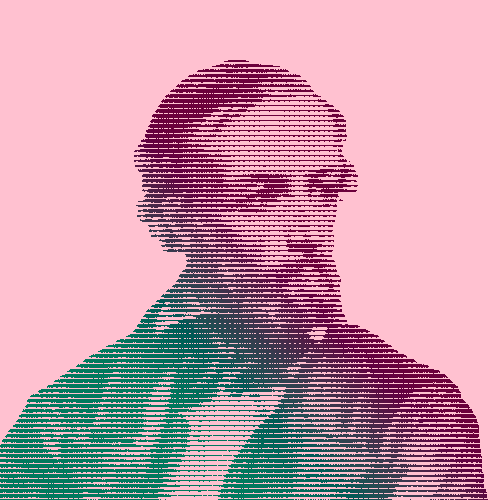German mathematician Johann Peter Gustav Lejeune Dirichlet (1805-1859) made huge contributions to mathematical analysis, number theory and the Fourier Series. His passion, determination and natural intellect took him from Berlin to Paris and then Göttingen in search of new challenges.
The youngest of 7 children, Johann Dirichlet convinced his merchant parents to let him study mathematics rather than commerce or law. However, his inability to speak fluent Latin prevented him from sitting the Abitur exam necessary to attend German University. Frustrated, he once again persuaded his parents to fund his studies in Paris where he took classes at the Collège de France and the Faculté des Sciences.
A rising star
At the age of 20 and with no degree, he developed a proof for Fermat’s Last Theorem that instantly earned him academic fame. And he was soon mingling with leading contemporary mathematicians like Joseph Fourier. Obliged to return to Germany when his job as a tutor for a rich family abruptly ended, he was introduced to Alexander Von Humboldt who helped get him a job teaching at the University of Berslau.
Given an honorary degree to bypass his lack of Latin, he later worked at the University of Berlin and the Military School, and then Göttingen University until his premature death from a heart attack at the age of 54. An excellent teacher, he took great pleasure in nurturing future mathematical talents including Gotthold Eisenstein and Leopold Kronecker.
“In mathematics, as in other fields, to find yourself lost in wonder at some manifestation is frequently the half of a new discovery.”
Groundbreaking mathematical theories
Johann Dirichlet is most famous for developing modern number theory and, in particular, analytic number theory that uses mathematical analysis to tackle algebraic problems. He published papers on the convergence of trigonometric series and representing arbitrary functions, as well as formalizing and optimizing the Fournier series – which he applied to acoustics. In mechanics, he set about solving Laplace’s problem of proving the stability of the solar system. He was also one of the first mathematicians to provide a formal definition of function (y=f(x)). Let’s not forget that he also contributed to probability theory and the method of least squares.
During his relatively short life, Johann shaped the course of modern mathematics. And in so doing, he also paved the way for future advances in fields ranging from data analytics to genetics.
Key Dates
-
1832
Member of the Prussian Academy of Sciences
Johann Dirichlet is made a member of the Prussian Academy of Sciences, its youngest member at just 27 years old.
-
1858
Preservation of Knowledge
Johann Dirichlet's brain is preserved in the department of physiology at the University of Göttingen, along with that of his academic advisor, predecessor and fellow mathematician Johann Gauss.
-
1889
Gesammelte Werke Publications
Johann Dirichlet Gesammelte Werke (“Collected Works”) are published posthumously in two volumes.




